US Copyright Office rules that researchers cannot legally access archives of out-of-print games remotely
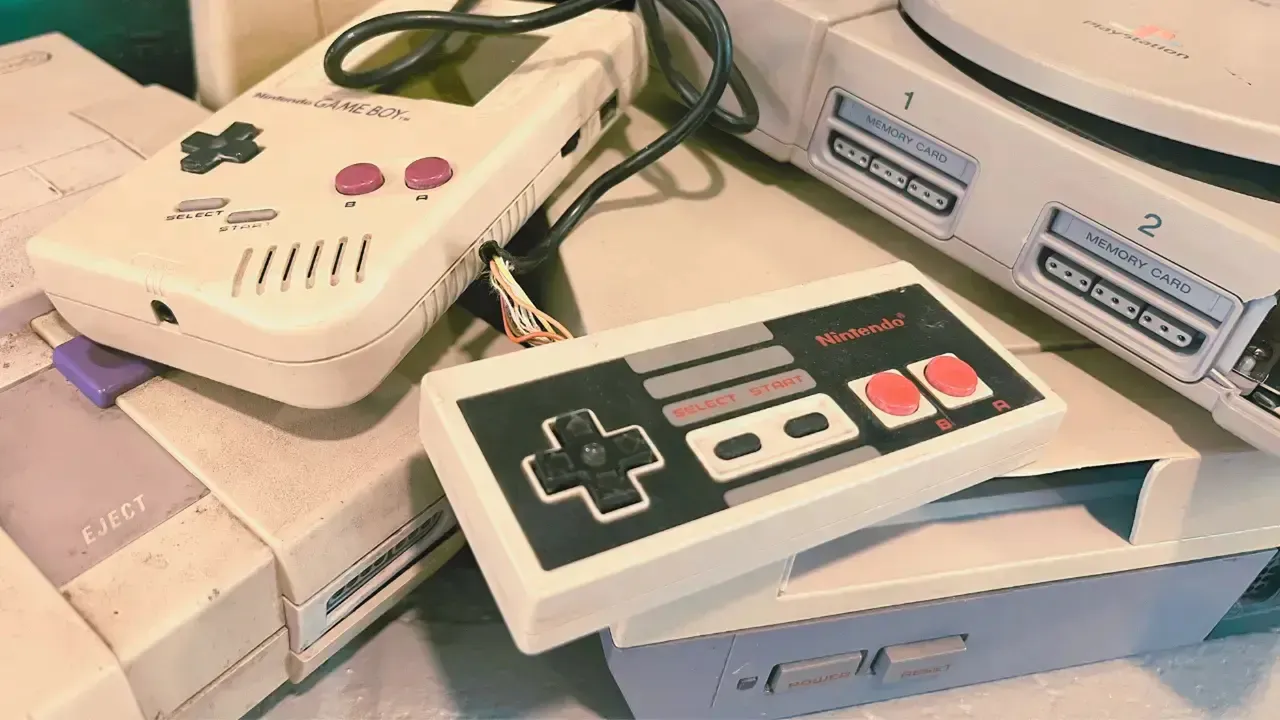
The US Copyright Office has refused to grant researchers permission to remotely access out-of-print video games, legally bypassing existing laws and allowing them to conduct research without physically visiting a library, museum, or archive.
The details:
As reported by The Verge and VGC, the Software Preservation Network and Video Game History Foundation had requested that the US Copyright Office grant libraries, archives, and museums temporary remote access to copies of games that are no longer legally available. The Copyright Office has previously granted permission for other forms of media, but video games have yet to receive approval, and breaking copy protection to provide remote access would be a violation of the Digital Millennium Copyright Act.
The Copyright Office has now ruled that it will not grant the requested DMCA exemption, citing preservationists' failure to provide sufficient clarification on whether games would be accessible to one person at a time (single-user limitation) or outside of the physical premises (premises limitation).
It went on to say that it believes both limitations should be kept in place to prevent "market harm" and to combat the "significant risk that preserved video games would be used for recreational purposes" rather than research. However, it did renew the exemption that permitted games to be preserved in the first place.
The Video Game History Foundation has responded to the ruling, criticizing the Copyright Office and placing some of the blame on the Entertainment Software Association (ESA), which opposed the petition. “Our combined efforts with SPN have raised significant public awareness of these issues and have already made an impact throughout the game industry and preservation communities,” it wrote. “Unfortunately, lobbying efforts by rightsholder groups continue to hold back progress. During our hearing with the Copyright Office, the ESA declared that they would never support remote game access for research purposes under any conditions.”
The ESA argued that people would use the exemption to play games for free, potentially harming the retro gaming market, and that the preservationists lacked "appropriately tailored restrictions to ensure that uses would be limited to teaching, research, or scholarship uses."
More game preservation news:
Earlier this year, Xbox announced that it had established a game preservation and backwards compatibility team with the goal of allowing past Xbox titles to be played on future systems.
According to the Video Game History Foundation and the Software Preservation Network, 87% of "classic" video games are no longer available unless a physical copy is purchased second-hand or illegally downloaded.
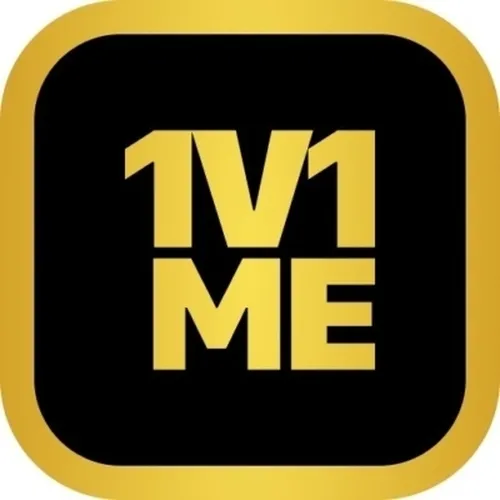 1v1Me
1v1Me
 Fresh Vintage
Fresh Vintage
 Rockstar Games
Rockstar Games
 Aftershock Media Group
Aftershock Media Group
 Respawn Entertainment
Respawn Entertainment
 Naughty Dog
Naughty Dog
-
 Ubisoft confirms multiple Far Cry and Assassin's Creed games in development
Ubisoft confirms multiple Far Cry and Assassin's Creed games in development -
 XCOM creator Jake Solomon's Midsummer Studios shuts down
XCOM creator Jake Solomon's Midsummer Studios shuts down -
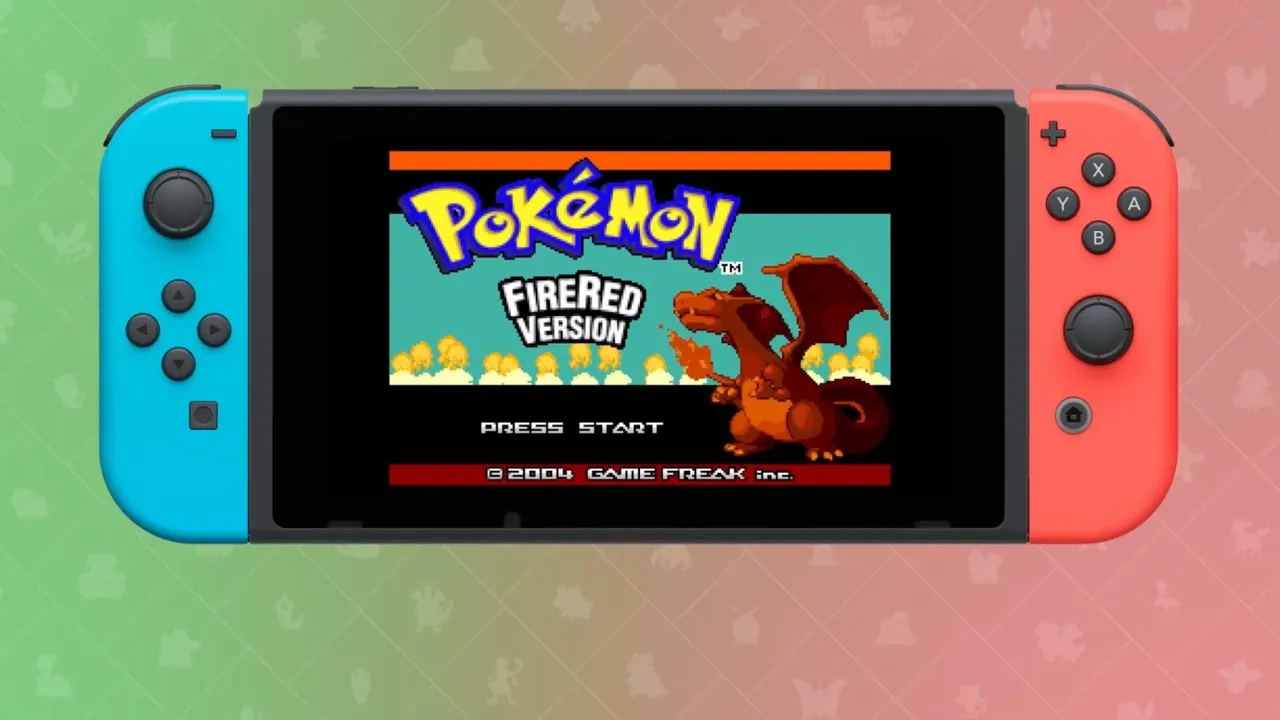 Pokémon FireRed and LeafGreen are coming to Nintendo Switch alongside a new Pokémon Presents
Pokémon FireRed and LeafGreen are coming to Nintendo Switch alongside a new Pokémon Presents -
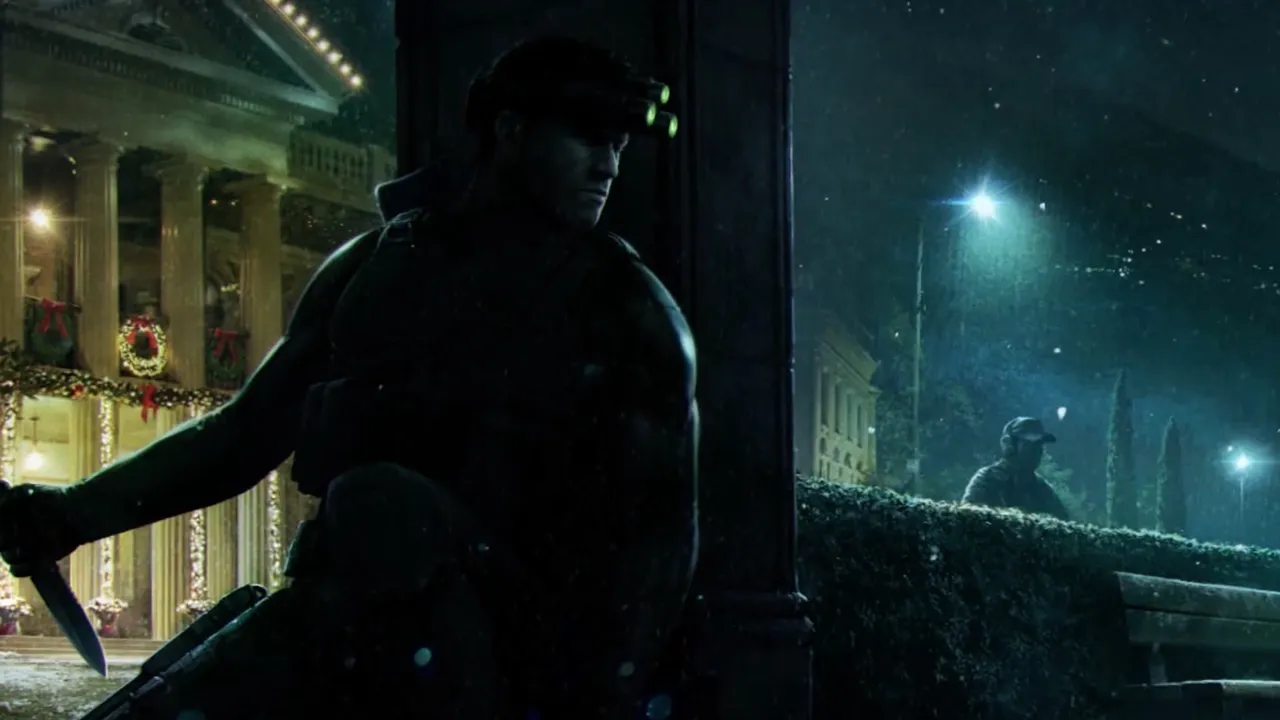 Ubisoft announces layoffs at Splinter Cell remake studio, but the game has not been cancelled
Ubisoft announces layoffs at Splinter Cell remake studio, but the game has not been cancelled -
 Demon's Souls remake developer Bluepoint is shutting down, Sony confirms
Demon's Souls remake developer Bluepoint is shutting down, Sony confirms -
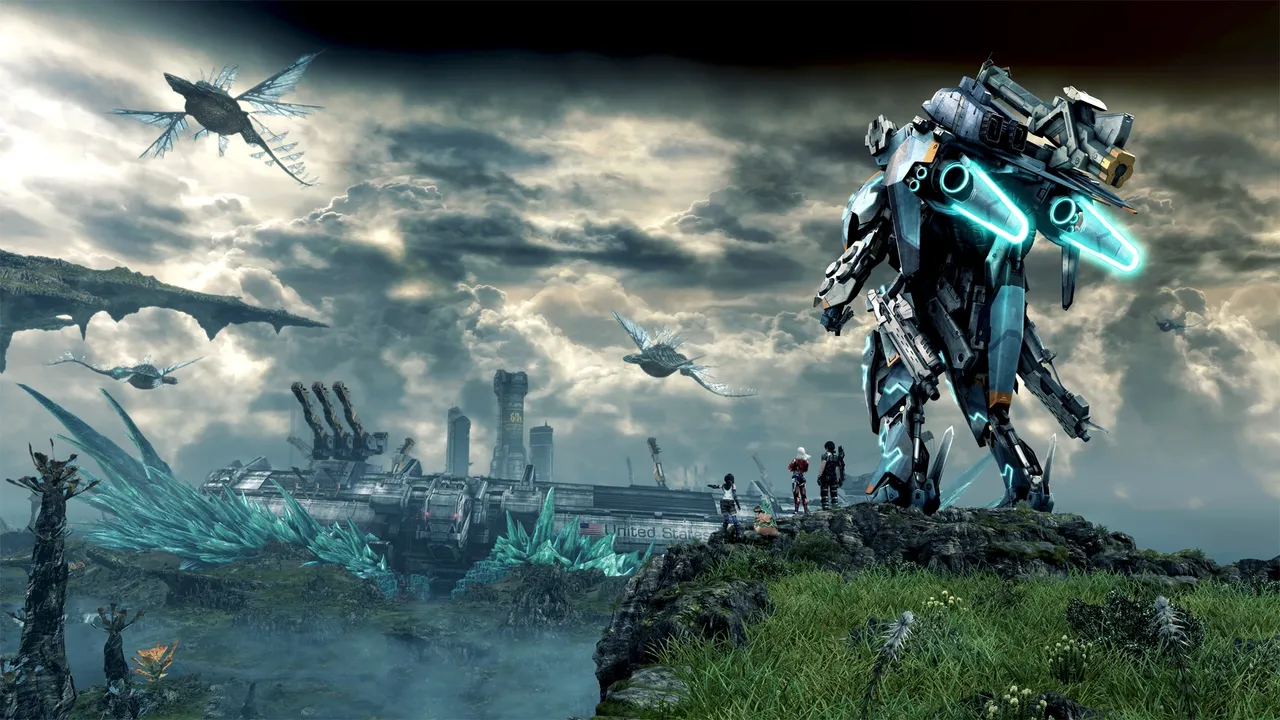 Nintendo shadow drops Xenoblade Chronicles X: Definitive Edition Switch 2 upgrade
Nintendo shadow drops Xenoblade Chronicles X: Definitive Edition Switch 2 upgrade -
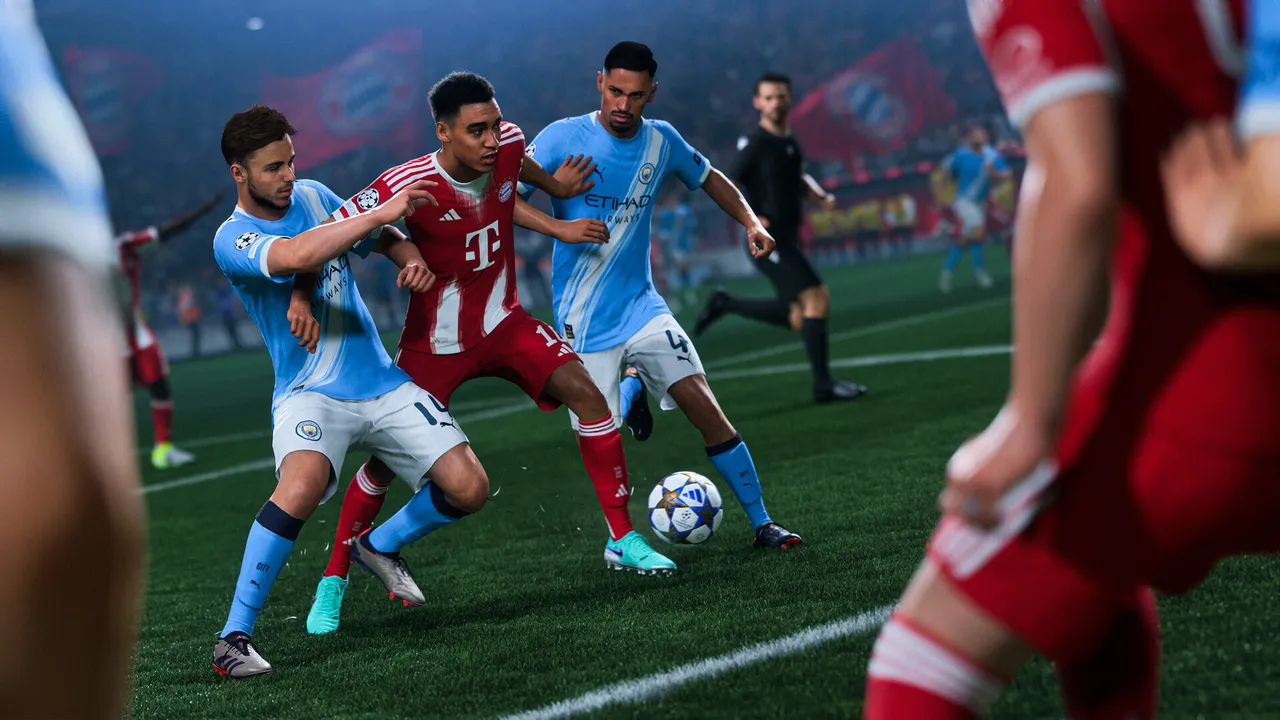 EA receives permission from commentator to generate EA FC 26 voice lines using AI
EA receives permission from commentator to generate EA FC 26 voice lines using AI -
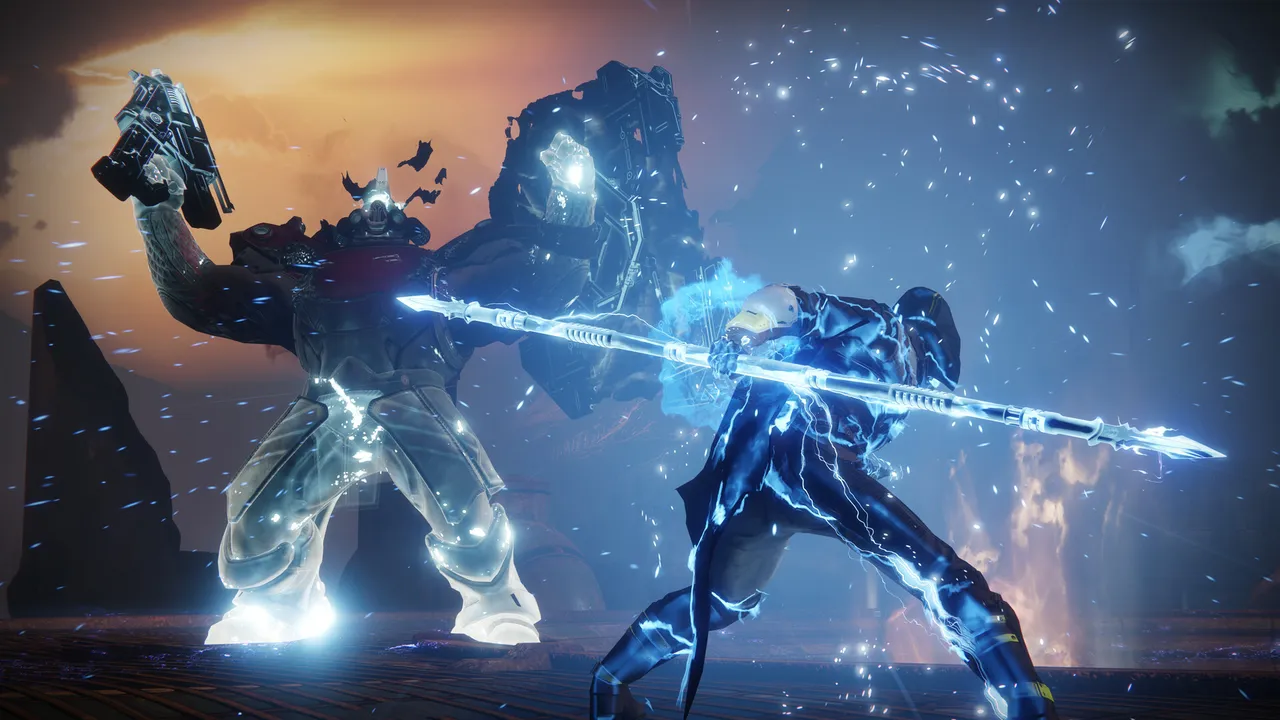 Destiny 2's Shadow and Order update has been delayed by several months, Bungie announces
Destiny 2's Shadow and Order update has been delayed by several months, Bungie announces -
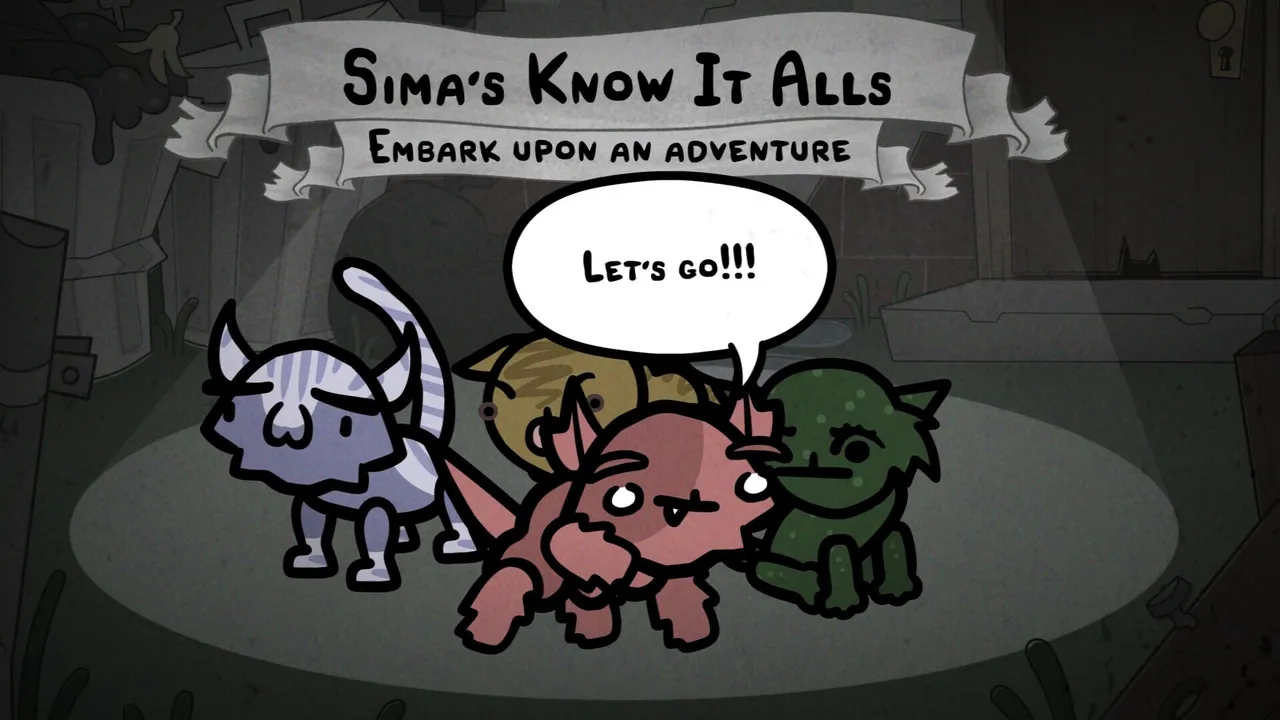 Mewgenics sells over one million copies in just a week, exceeding developer expectations
Mewgenics sells over one million copies in just a week, exceeding developer expectations -
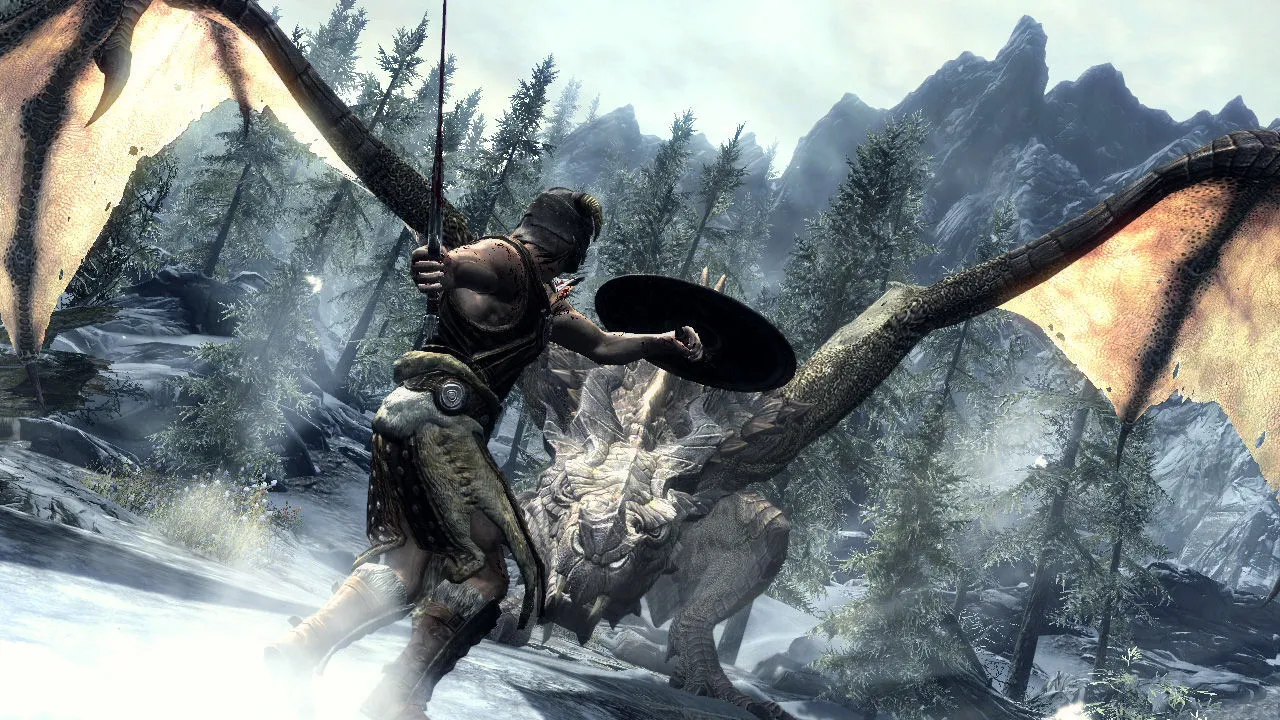 Skyrim finally receives performance and quality modes on the Nintendo Switch 2, addressing frame rate issues
Skyrim finally receives performance and quality modes on the Nintendo Switch 2, addressing frame rate issues -
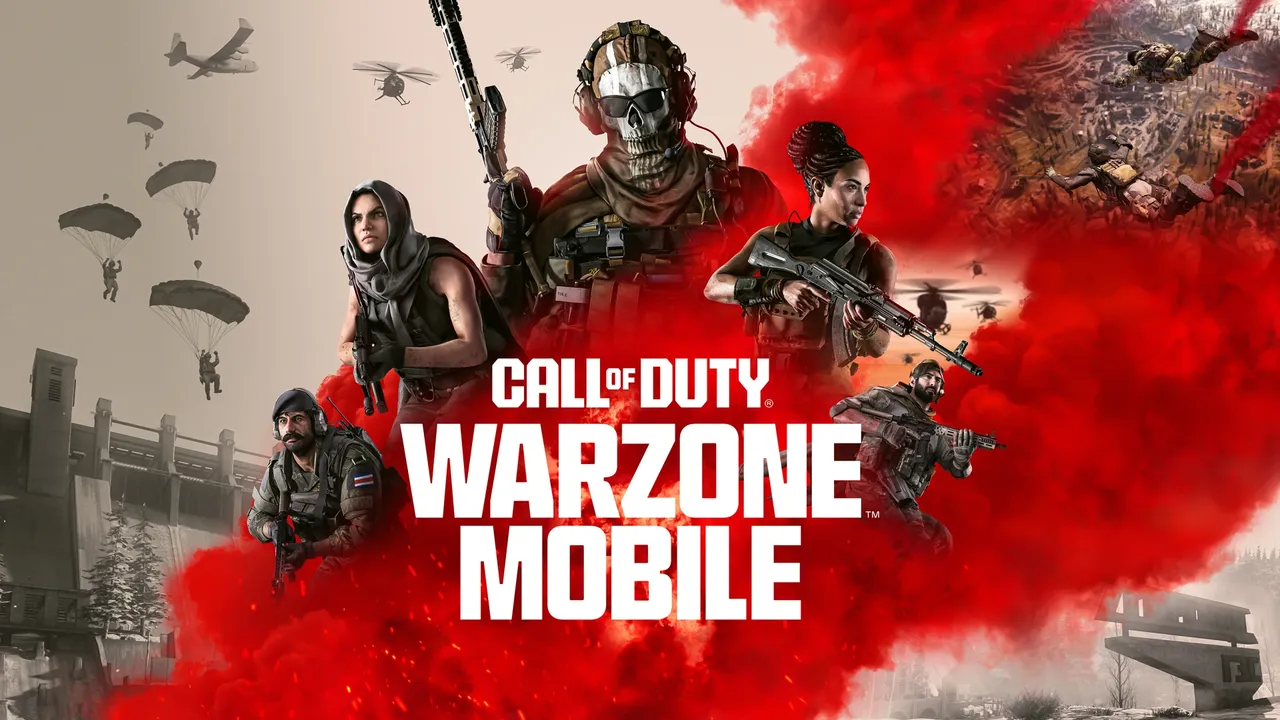 Call of Duty: Warzone Mobile is shutting down in April, Activision confirms
Call of Duty: Warzone Mobile is shutting down in April, Activision confirms -
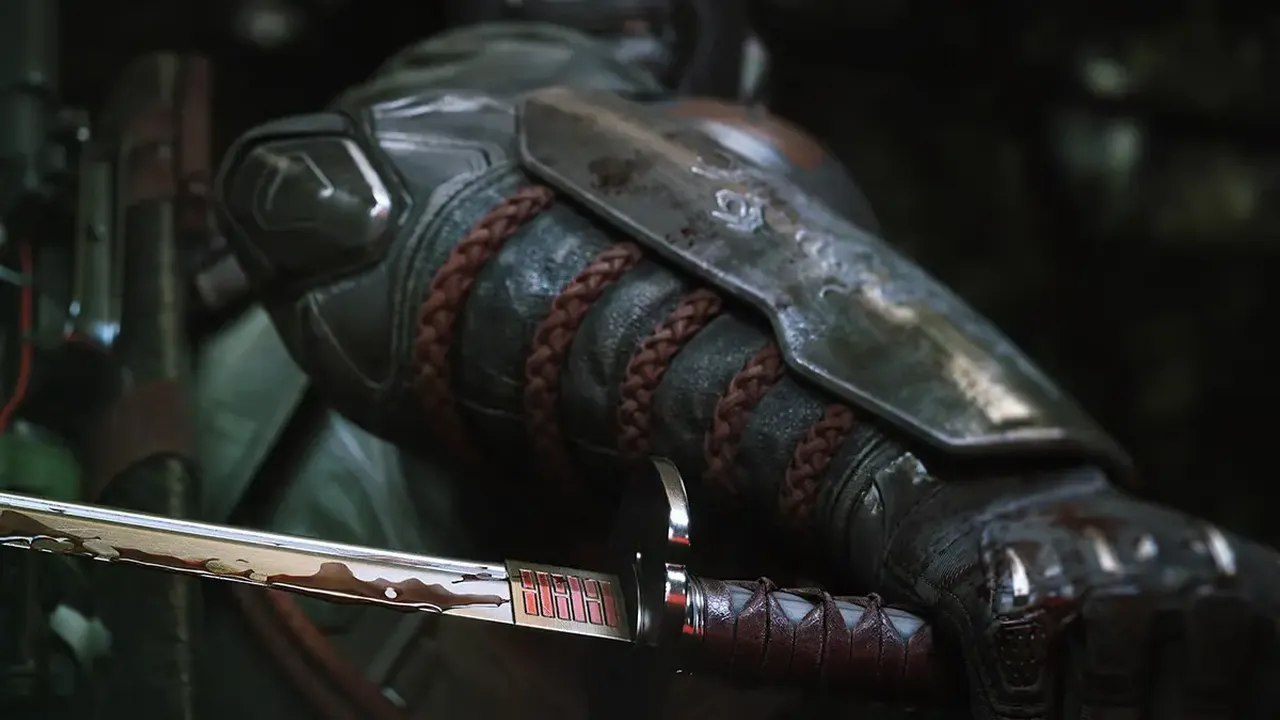 Hasbro shuts down G.I. Joe game developer Atomic Arcade, Snake Eyes project not cancelled
Hasbro shuts down G.I. Joe game developer Atomic Arcade, Snake Eyes project not cancelled